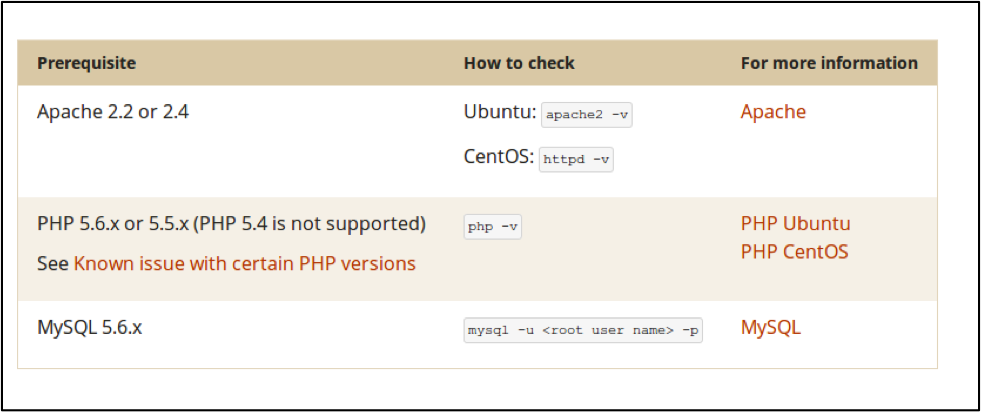Magento 2 is Available Right Now

Basically!
The Magento 2 Merchant Beta has been released and that means that it’s testing time!
In spirit of the next generation of Magento being upon us, Hostdedi has launched a public demo of the new Magento 2 Merchant Beta, which you can now play with online right here. Keep in mind that this is a beta release, meaning that they haven’t necessarily worked out all the kinks.
Still, it’s well-worth a look for Magento site owners so that you’re clear on what to expect come upgrade time.
The full, stable release of Magento 2 is currently expected to arrive in Q4 of 2015. So far, we’ve yet to be disappointed by missed deadlines on the Magento 2 development roadmap.
Expectations for Magento 2
Before you dive in and start playing with Magento 2 – provided that we haven’t already lost you deep in the Magento 2 beta’s admin panel – let’s take a quick look at the official documentation from the Magento portal.
Magento 2’s installation process is pretty simple and can be finished in around 25-35 minutes, depending mainly on your connection speed. However, before you jump on installation, you’ll want to make sure that your server meets the system requirements below.
Hostdedi clients on Magento-optimized managed servers will of course have no issues here. The demo that we linked above is running on our Magento-optimized SIP-400 Hostdedi server using only a few modifications provided by the documentation. Some basic technical specifications on that server can be found on our Magento hosting page.
A Case Study
In our demo, we chose to add sample data to Magento 2 to emulate how a site in production might perform. Installation of Magento 2 was done using our complimentary shell access and was very simple. In doing so, we made use of the Composer dependency manager. A web-based installer is also available and looks clean and easy to use.
After installing Magento 2, we immediately reindexed all indexes via shell and enabled cache.
Then, we enabled default Expires headers and Apache-served files compression. This allowed us to rank extremely well in speed and performance tests by compiling with almost all the good practices server-wise.
We also tried to contribute back to the project by creating a pull request to the official Magento 2 repository hosted on GitHub.
We want to emphasize the ease to install Magento 2 with a minimum technical knowledge. Everything you need to know is present in the official documentation, where the product team has dedicated themselves to preventing the poor documentation issues that plagued Magento 1.
In closing, we hope that you are as excited as we are for the future of Magento and what it means for this amazing community.




